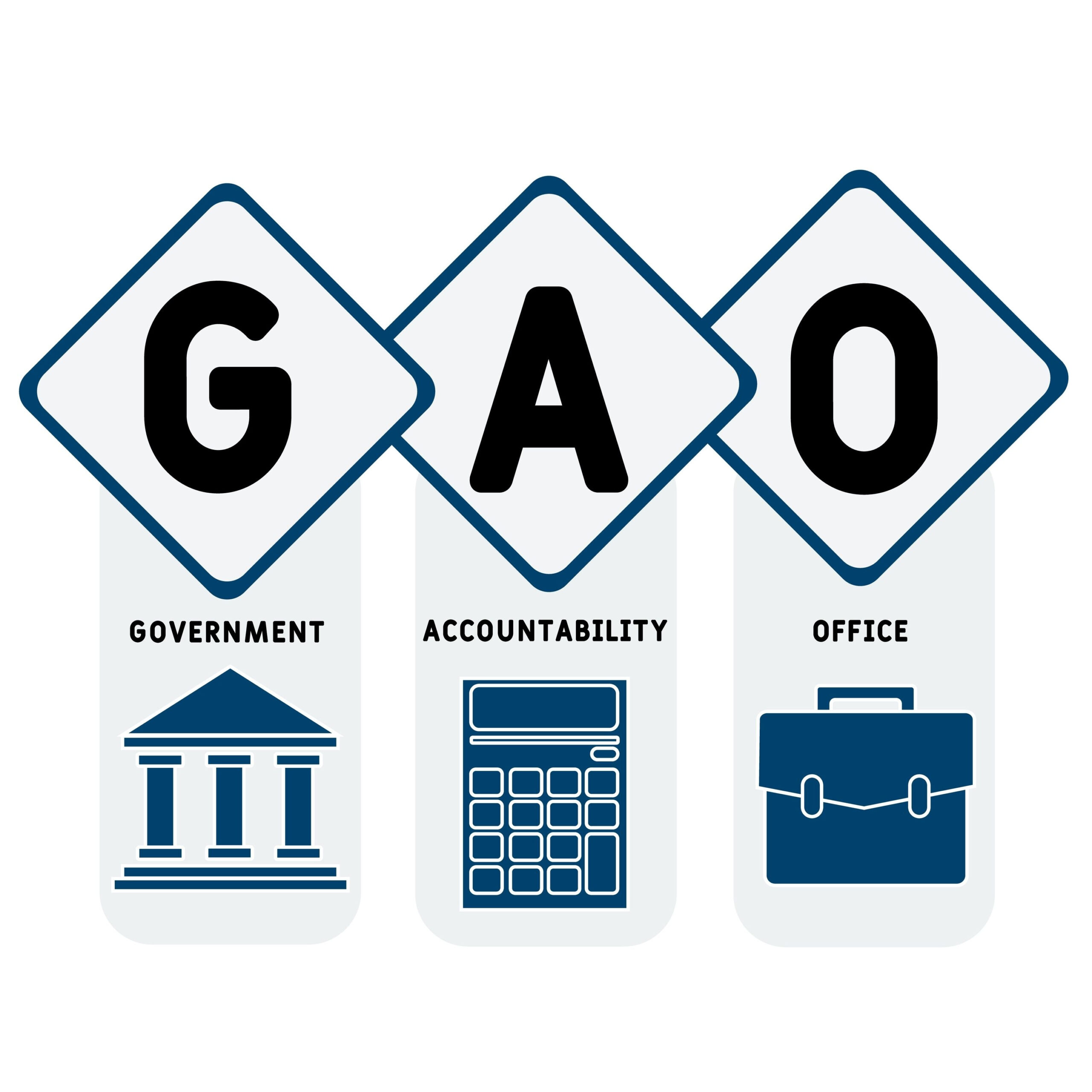The U.S. Government Accountability Office (GAO) is known as the U.S. “congressional watchdog,”. GAO is an independent, non-partisan agency that works for Congress by examining how taxpayer dollars are spent and provides Congress and federal agencies with objective, non-partisan, fact-based information to help the government save money and work more efficiently. On 2/27/23, GAO issued a Report on the Tax GAP: Modest Reductions in the Gap Could Yield Large Fiscal Benefits. The “tax gap” (the difference between what taxpayers owe and what they pay on time) has been a persistent problem for the U.S. government for decades and the enforcement of tax laws is on GAO’s High-Risk List. Taxpayers that are underreporting, underpaying, and not filing taxes ought to get their affairs in order given that Congress provided IRS with nearly $80 billion to modernize taxpayer service and enforce tax laws. The Internal Revenue Service reminds taxpayers about the importance of timely filing and paying their taxes, and that there are several options available to help people having trouble paying. Moreover, taxpayers should file on time, even if they can’t pay the full amount due. Then, they should pay the rest as soon as they can. The sooner paid, the less owed in terms of added interest and penalties.
The Report highlights the sources of the tax gap
- Underreporting of tax liabilities on timely filed tax returns is 80%
- Underpayment of taxes due from timely filed returns is 12%
- Non-Filing (taxpayer fails to file a required tax return altogether or on time) is 8%
GAO recommends that the IRS should:
- re-establish specific quantitative goals to reduce the tax gap and document a plan for using data to update compliance strategies
- research, evaluate, and develop recommendations to expand third-party information reporting
- implement a cost-effective method to digitize taxpayer provided paper return information, making it more available for IRS’s tax enforcement programs
- amend the “Dirty Dozen” list to tell taxpayers how to refer information to IRS on preparers and promoters involved in abusive tax schemes
- grant the IRS the explicit authority to establish professional requirements for paid preparers to help increase the accuracy of tax returns
- expand third-party information reporting for certain payments that rental real estate owners make to service providers, such as contractors making repairs
- provide IRS with expanded authority—with appropriate safeguards—to correct errors and discrepancies between what the taxpayer reported and other government information
- require that returns prepared electronically but filed on paper include a scannable code
Out of compliance Taxpayers Ought to Come Forward First
Get Started with coming into compliance. If you are out of compliance, do not wait to come forward. There are options available for non-compliant Taxpayers if the IRS does not contact you first. Consult a specialized Tax Advisor for your best option now. ©


